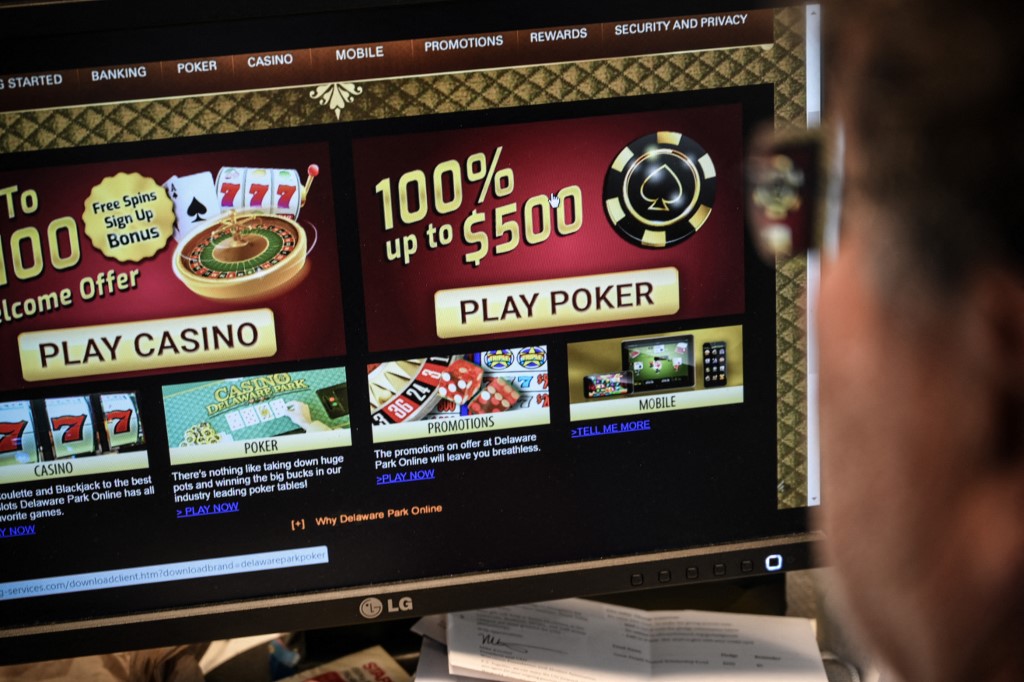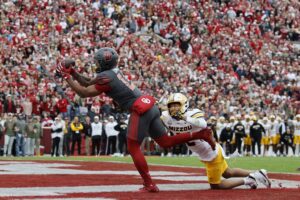Ohio Gov Announces Opposition to Online Casino Gambling
-
 Bookmakers Review
Bookmakers Review
- July 26, 2025

Ohio Governor Mike DeWine has expressed opposition to online casino gambling legislation in the Buckeye State and stated he may veto the measure if it advances to his desk.
Just Say No
Despite Governor Mike DeWine’s penchant for increasing taxes on mobile sports betting to generate increased revenue for the state, he has stated that he is against online casino gambling, as he believes it is detrimental to those who might be susceptible to addictive behavior.
“Basically, to put a casino in everybody’s hands, 24/7, I think is probably not a great idea,” DeWine said. “And I think it will cause more pain and suffering …as far as gaming addiction.”
Alternative Gambling Methods Still on the Table
However, he did leave the door open ajar to other forms of gambling, including video lottery terminals (VLTs) and electronic bingo machines at bars, restaurants, and other recreational facilities.
He also stated he was not inclined to veto the measure but would look at the bill line by line, saying, “I’m very much against this” in reference to an outright veto.
This comes after DeWine doubled the initial 10% tax on mobile sports betting revenues only six months after the industry launched. He then went back to that well during this session, supporting another doubling of the tax rate to 40%, but that was denied by the legislators.
iGaming Support
The Study Commission on the Future of Gaming in Ohio wrote a report last year that found many Ohio legislators supported the idea of online casino gambling, including three House members who wrote, “iGaming could be a net benefit to the state of Ohio.”
Republican Representatives Jay Edwards, Jeff LaRe, and Cindy Abrams issued a joint statement that read, “While the state should proceed with caution and care with any expansion of this magnitude, with the right regulatory framework, these types of gaming can thrive with nominal impact to our current system.”
On the other side of the aisle, Democrat Representative Bride Rose Sweeney said the expansion was inevitable and called upon any bill to include tethering the iGaming platforms to land-based casinos so that they could get a cut of the revenues.
Revenue Sharing May Ease Casino Industry Concerns
Naturally, land-based casino operators have been historically reticent about allowing online casino gambling, suggesting legalization would cannibalize their business. However, a share of the iGaming proceeds is expected to assuage those fears.
Furthermore, the three Republicans also called on the state to reintroduce college player prop betting, which was banned last year, despite it being decried by NCAA President Charlie Baker due to instances of player harassment from disgruntled bettors.
“While we understand the circumstances in which this decision was made, we believe it is one that was not needed,” they wrote. “The response from the OCCC (Ohio Casino Control Commission) to simply ban prop-betting on individual college athletes looks to solve the problem without addressing the issue. We recommend that the OCCC’s policy be rescinded and prop betting on college athletes restored.”
Competing iGaming Bills Introduced
Two iGaming bills, including Senator Ethan Manning’s Senate Bill 197 and Representative Brian Stewart’s House Bill 298, have been introduced in Ohio, with both calling for a $50 million license fee and up to 11 licenses tethered to the state’s casinos and racinos. Senator Manning’s bill calls for a 36%-40% tax on iGaming revenues, while Stewart’s bill proposes a more modest 28% tax on iGaming operators’ revenues.






